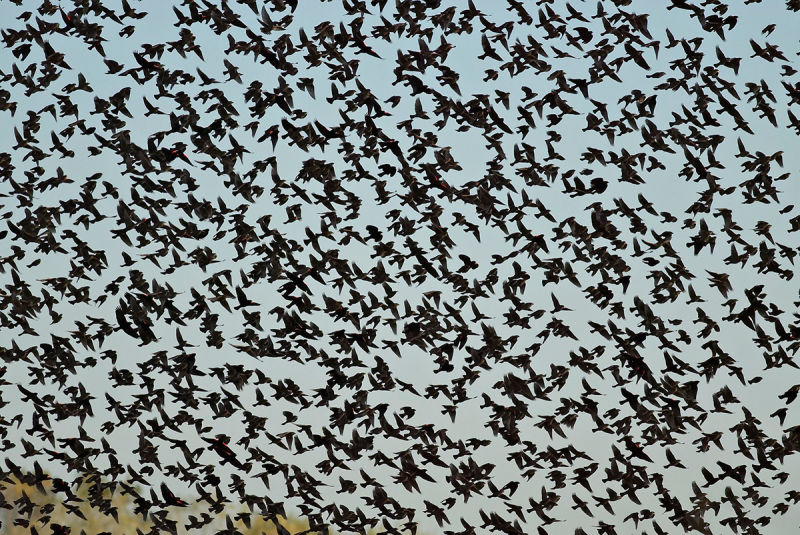by: Tara Deal
With sharp, precise images and line breaks that slow the reader down, Tara Deals’ poetry asks the question: What does it feel like to be fully immersed in the world while also being detached, hovering outside or above it? In these poems the speaker is beset with a curious vertigo, dizzy from toggling between experience and reflection: “Some things are self-/contained. Other things will have to be// rearranged—try to fit in/ sunset pink, gilded pebbles, some breeze, a breath–”

Making (a Terrarium)
Moss, plastic, tiny, deer
particles collide inside
the jar, upended,
no longer the center
of the reclaimed table, a mess, plus
who needs it: greenery
is not the best
message in a bottle
for someone stranded
inside
such a small studio apartment, not quite
a garret
and what
an awkward microclimate.
The sand is scattered like a desert to the horizon (threshold).
Is there enough sand left
to stand on?
The glass hasn’t shattered. It’s rolling right along.
Some things are self-
contained. Other things will have to be
rearranged—try to fit in
sunset pink, gilded pebbles, some breeze, a breath—
but that’s not what
this is. You see
what I mean?
Although contents may have already shifted,
and someone says it isn’t even
real.
Learning Curve
On the path that switch-
backs up the mountain, someone
with a mattress on
her back and one toddler by
her side says her son
is going to learn, to live
at the top, at this
stony monastery on
the edge of heaven.
I gasp, catch my breath.
The child doesn’t understand.
He doesn’t have to
talk to tourists, not yet, may-
be later when he
understands boddhi-
satvas, butter lamps, cameras.
Donkeys rush down and
kick up clouds. Buddhists say thoughts
are clouds. I think one
monk in red robes is running
fast through the blue pines—
a shortcut invisible
to others, to us.
I don’t know if I can keep
up, going up. What
will I do at the top? Who
am I going to
tell? At least one person fell
to her death last year
off this mud path. Do
you think she learned her lesson?
She lived in Japan.
Imagine her apartment—
roses on the night-
stand, dark gray pearls, ceramics,
maybe other things
I would like to have in New
York. They should put up
a sign in the middle of
this forest. Some things
are so thick and far, it’s hard
to know where I stop
at what I hope is a spot
to rest in the air
so thin and then, one water-
fall turns to white wild-
flowers that are completely
unidentifiable.
Tidal (Wave)
The girl tries to keep the ghost crabs
in their hole
but they pop up,
then scatter.
They are so transparent,
the other people
on the beach
pretending to read but skimming. They believe
they know what her game is.
But they can’t see inside
her skin.
The girl tries to get the ghost crabs
out of their hole
before it’s too late.
They don’t,
they won’t
even listen
as the sand sings,
flings,
stings.
She stops
to find: a present:
a shell to make someone
happy.
Could a hermit crab
live in her bedroom, or
does it need a view of the ocean
or something?
She remembers
horseshoe crabs have blue blood,
as if the water were inside them—
would she remember it again after all of this has passed?—
and how many kinds of crabs are there in South Carolina?—
while other people fold
up umbrellas and sunglasses
as if to go—
we have to go now—
a storm or something
might/must
be coming, but it doesn’t
matter.
Tara Deal is the author of That Night Alive (winner of the 2016 novella prize from Miami University Press) and Palms Are Not Trees After All (winner of the 2007 novella prize from Texas Review Press). Her poems have appeared in failbetter, Sugar House Review, Tampa Review Online, and West Branch, among others. She lives in New York City.





